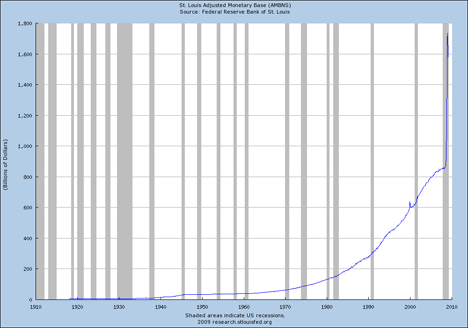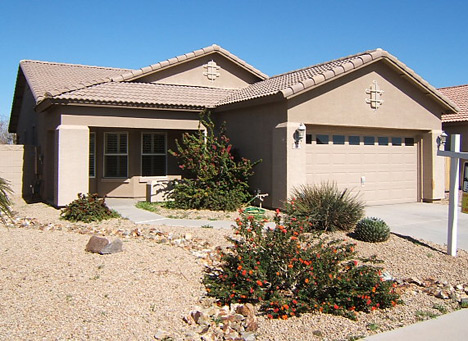Perhaps not, but it’s not for a lack of trying. From the Toronto Globe and Mail:
The subprime mortgage crisis in the United States may have helped push that country into a recession, but for one Calgary company the financial fiasco represented a cross-border opportunity.
CBI Group, a real estate investment firm, has launched a fund that aims to raise up to $12.5-million to buy about 175 single-family homes in Phoenix over the next year. The idea is that Canadians will be able to invest in the United States, profiting from the housing market collapse.
“The opportunities are limitless for CBI,” said Jarrett Zielinski, CBI’s vice-president of property acquisitions. “For Canadians with a good cash flow, real estate has become so distressed the opportunities are boundless.”
Here are some interesting facts for you to consider:
1. You don’t have to be a Canadian to take advantage of the perfect storm in the Phoenix real estate market.
2. Canadian or not, you don’t have to be a millionaire.
I’ll have more to say about this later, but this will suffice for now: If you have cash or credit, Phoenix is ripe with investment opportunities.

